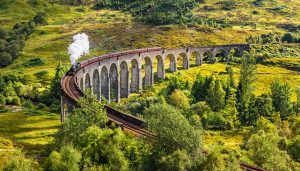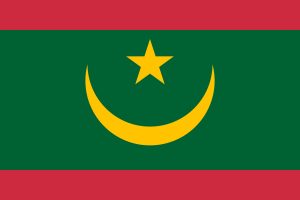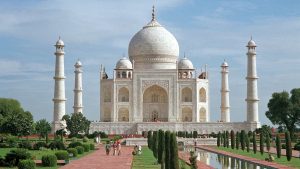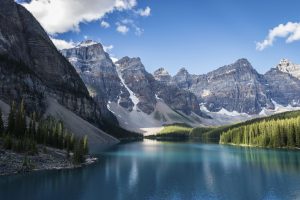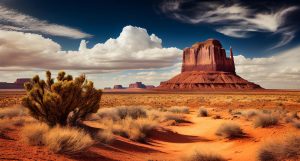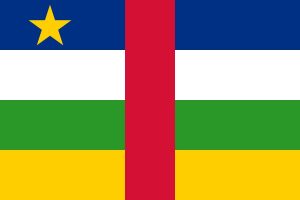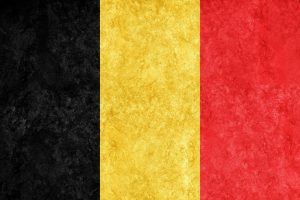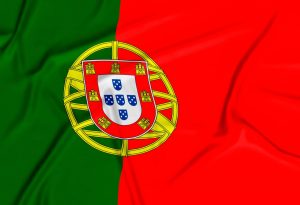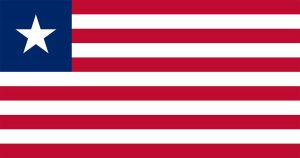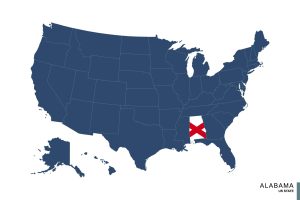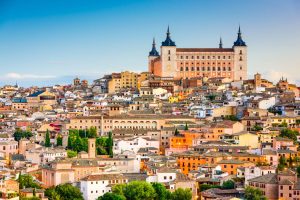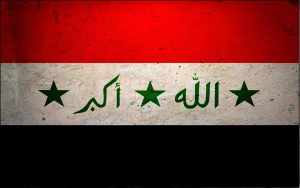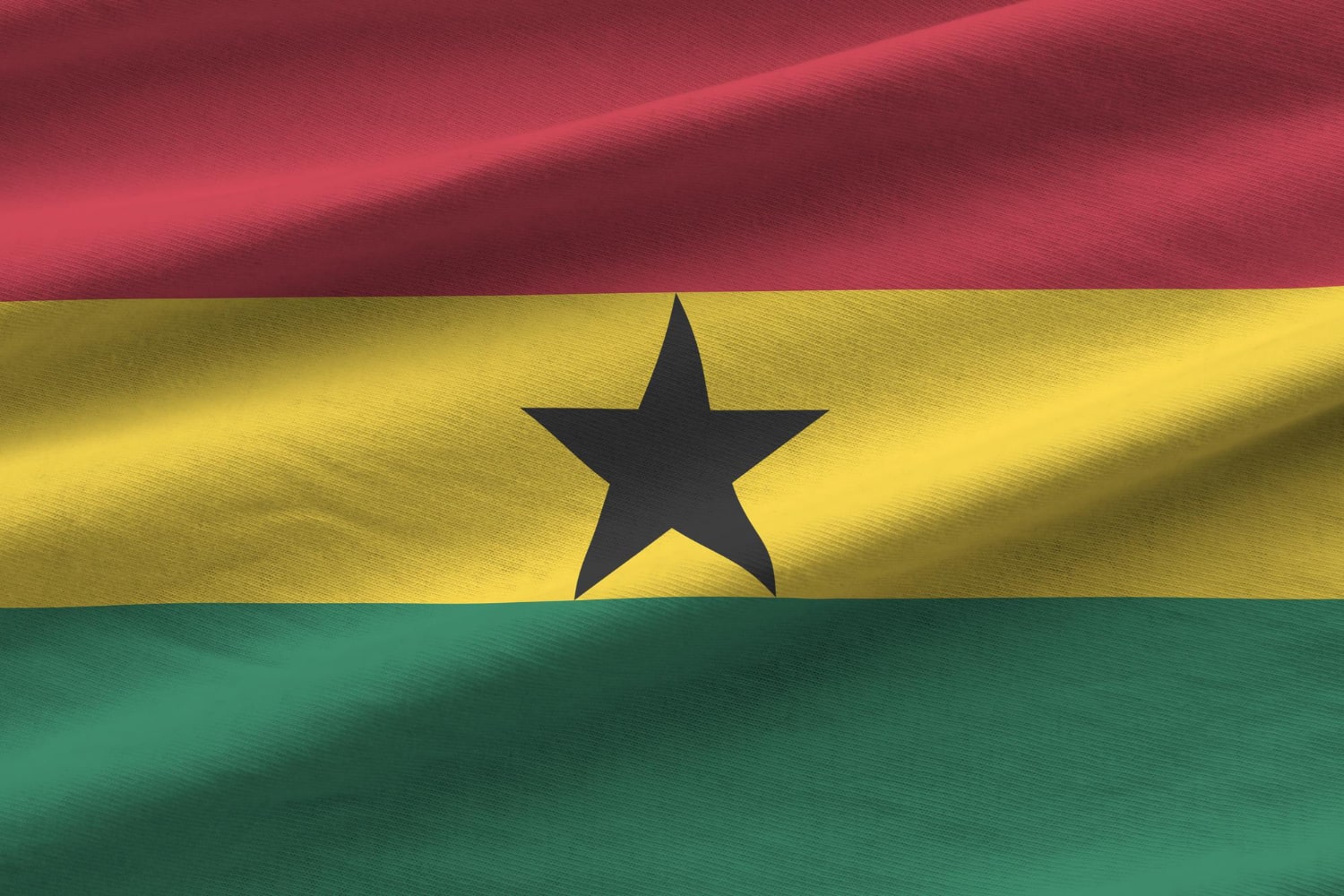
23 interesting facts about Ghana
961
Situated on the Gulf of Guinea in West Africa, Ghana is a country rich in history, cultural diversity, natural resources, and vibrant traditions. Known as the first sub-Saharan African country to gain independence from colonial rule, Ghana has grown into a nation recognised for its peace, stability, and steadily growing economy. From its ancient empires and colonial history to its current status as a democratic nation, the story of Ghana is truly compelling. Here, we present a selection of intriguing and fascinating facts about this remarkable country.
- Ghana was the first country in sub-Saharan Africa to gain independence from colonial rule, in 1957.
- The name ‘Ghana’ means ‘warrior king’ and was the title accorded to the kings of the medieval West African Ghana Empire.
- The capital and largest city of Ghana is Accra.
- The currency of Ghana is the Ghanaian cedi.
- Ghana is approximately the same size as the United Kingdom, covering an area of approximately 238,533 square kilometres.
- Ghana’s official language is English, due to its colonial history, but more than 80 other indigenous languages are also spoken.
- Ghana is one of the world’s largest producers of gold, and gold, cocoa and oil are its primary export commodities.
- The Black Star in the centre of Ghana’s flag represents African emancipation. The red represents the blood of those who died in the country’s struggle for independence, the gold represents the mineral wealth, and the green symbolises the rich vegetation.
- Kente cloth, recognised by its bright colours and complex patterns, is a type of silk and cotton fabric native to the Akan ethnic group of South Ghana.
- Lake Volta in Ghana is one of the world’s largest man-made lakes.
- The Ashanti Empire was a powerful state in Ghana that existed from 1701 to 1957.
- The Ghana Empire, known also as the Wagadou Empire, was an ancient West African state based in what is now southeastern Mauritania and western Mali.
- Football is the most popular sport in Ghana, and the national men’s football team is known as the Black Stars.
- Ghana’s population is composed of several ethnic groups, including Akan, Mole-Dagbon, Ewe, Ga-Dangme, and others.
- Ghana’s music is varied and includes traditional folk music, highlife, hiplife, gospel, and reggae.
- Kwame Nkrumah, a central figure in the country’s independence movement, was Ghana’s first prime minister and president.
- The Kakum National Park, home to endangered mammals such as forest elephants, bongo antelopes and primates like the Diana monkey, is one of Ghana’s most popular tourist destinations.
- The Golden Stool is a royal and divine throne in the Ashanti kingdom and is one of the most revered objects in Ghana.
- The World Bank classified Ghana as a lower-middle income economy in 2010.
- Ghana has a rich tradition of festivals, many of which are related to mask dances.
- The kola nut, significant in Ghanaian culture, is often used in traditional ceremonies and rituals.
- Despite its relatively small size, Ghana has diverse wildlife, including elephants, hippos, leopards, lions, antelope and monkeys.
- Accra’s Makola Market is a renowned shopping hub filled with vibrant textiles, handcrafted items, and fresh produce.
The story of Ghana is one of growth, resilience, and a steadfast commitment to democratic principles. As the first sub-Saharan African nation to break the chains of colonial rule, it set an example for others to follow. Today, Ghana stands out for its cultural richness, political stability, and the warmth of its people. From the remnants of powerful empires to its bustling markets and vibrant traditions, Ghana is truly a country that embodies the spirit of Africa.
 MillionFacts
MillionFacts 
 Related posts
Related posts 
